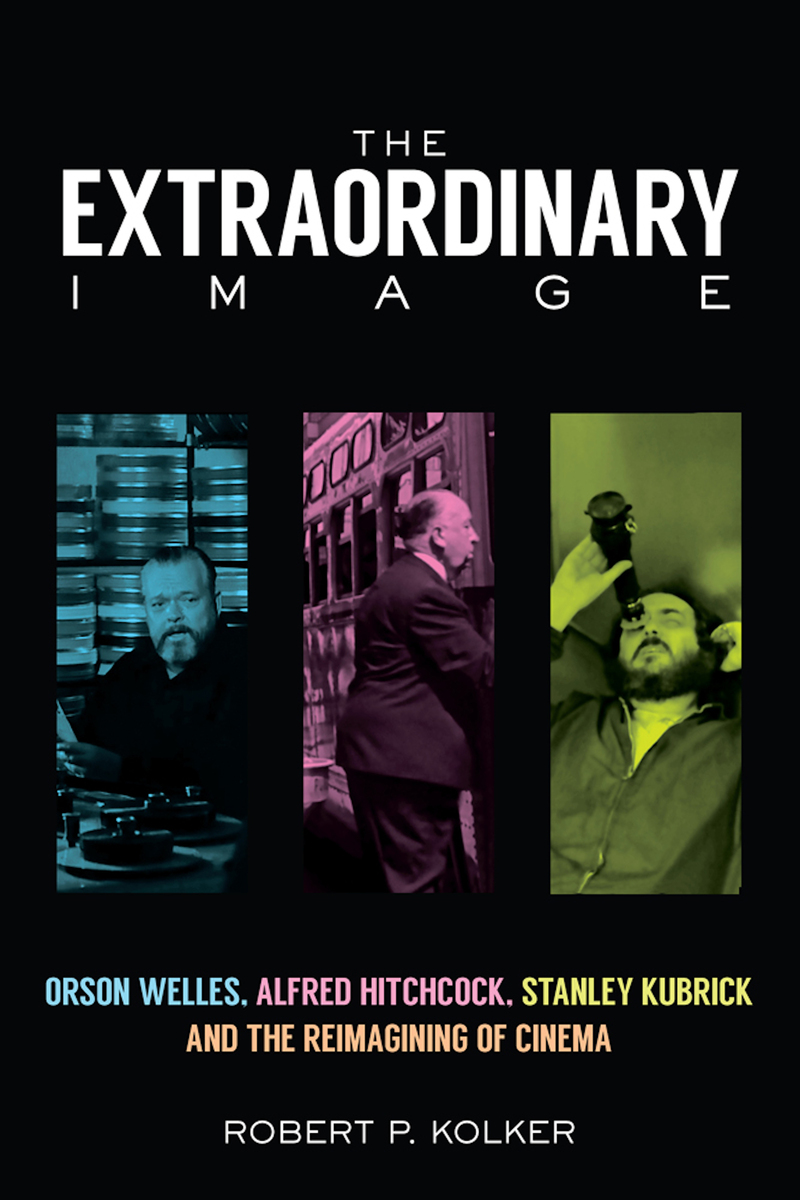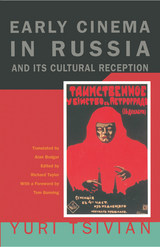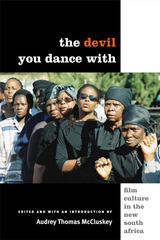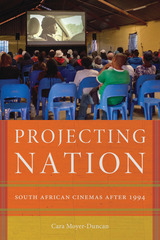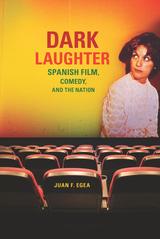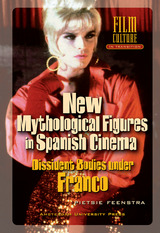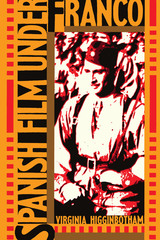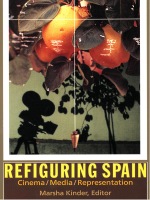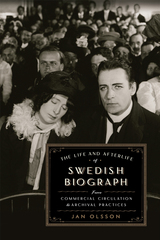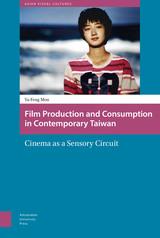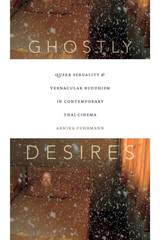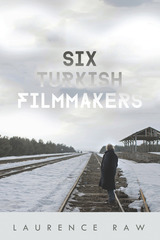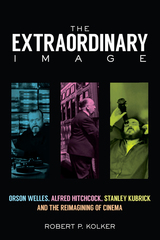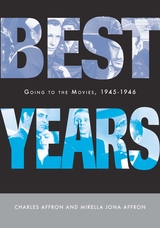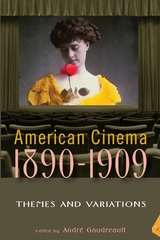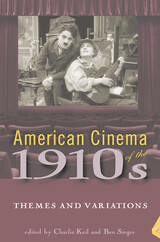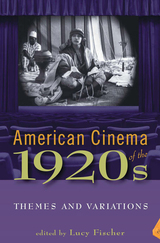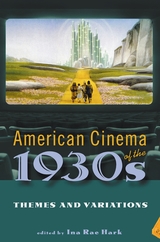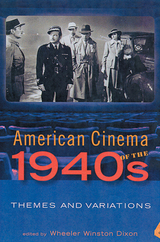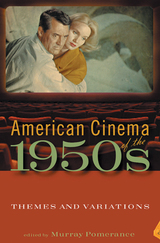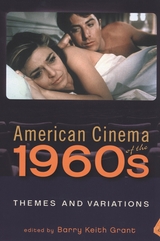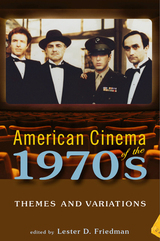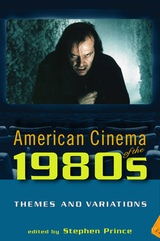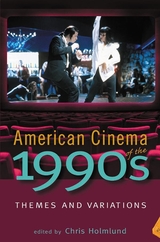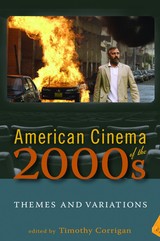The Extraordinary Image: Orson Welles, Alfred Hitchcock, Stanley Kubrick, and the Reimagining of Cinema
Rutgers University Press, 2016
eISBN: 978-0-8135-8312-9 | Paper: 978-0-8135-8309-9
Library of Congress Classification PN1993.5.U6.K58 2017
Dewey Decimal Classification 791.430973
eISBN: 978-0-8135-8312-9 | Paper: 978-0-8135-8309-9
Library of Congress Classification PN1993.5.U6.K58 2017
Dewey Decimal Classification 791.430973
ABOUT THIS BOOK | AUTHOR BIOGRAPHY | REVIEWS | TOC
ABOUT THIS BOOK
Welles. Hitchcock. Kubrick. These names appear on nearly every list of the all-time greatest filmmakers. But what makes these directors so great? Despite their very different themes and sensibilities, is there a common genius that unites them and elevates their work into the realm of the sublime?
The Extraordinary Image takes readers on a fascinating journey through the lives and films of these three directors, identifying the qualities that made them cinematic visionaries. Reflecting on a lifetime of teaching and writing on these filmmakers, acclaimed film scholar Robert P. Kolker offers a deeply personal set of insights on three artists who have changed the way he understands movies. Spotlighting the many astonishing images and stories in films by Welles, Hitchcock, Kubrick, he also considers how they induce a state of amazement that transports and transforms the viewer.
Kolker’s accessible prose invites readers to share in his own continued fascination and delight at these directors’ visual inventiveness, even as he lends his expertise to help us appreciate the key distinctions between the unique cinematic universes they each created. More than just a celebration of three cinematic geniuses, The Extraordinary Image is an exploration of how movies work, what they mean, and why they bring us so much pleasure.
See other books on: 1899-1980 | Cinema | Direction & Production | Hitchcock, Alfred | Reimagining
See other titles from Rutgers University Press
